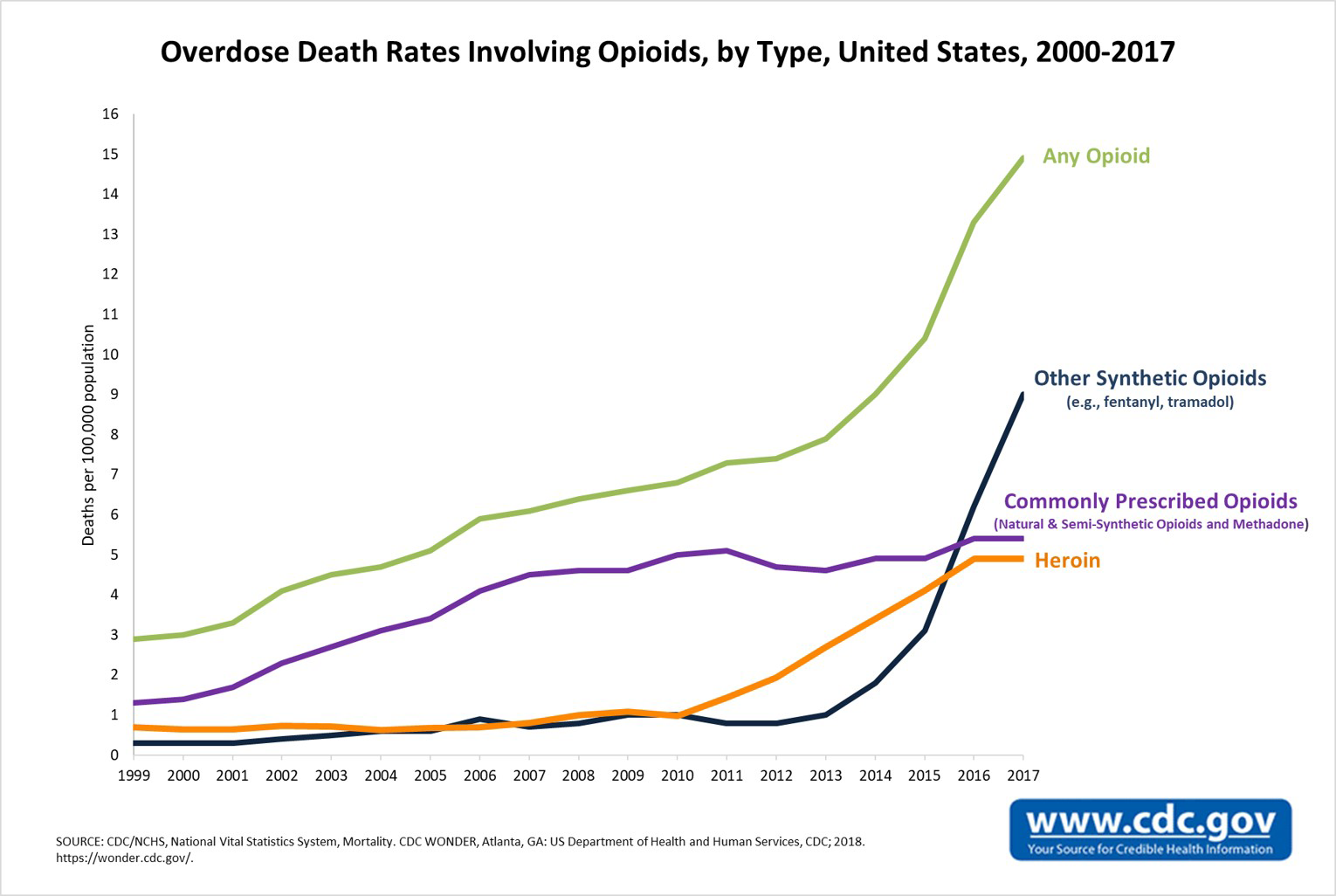America’s Social & Medical Turning Point
Updated
By Jefferey Jaxen
2019 has seen a rapid acceleration of the Overton window with respect to the conversation, as well as the political and social moves, surrounding the vaccine debate. The Overton window is a term for the range of ideas tolerated in public discourse. Before California’s Senate Bill 277 passed, few in the state could have ever imagined a government would void an individual’s personal belief to an ‘unavoidably unsafe’ medical product. Heavy-handed censorship, media and government directed discrimination, and doctors handing over their medical judgment to state bureaucrats would have also been ideas most Americans would find repugnant only a few years ago.
Scores of American families now find themselves on the front lines against a full court vaccine legislative push with corporate media cover. The public has continually packed state houses and legislative office buildings in protest of key bills at ever turn to date. Yet some representatives sponsoring pro-vaccine themed bills have been tone deaf to their constituents preferring to stay within the narrow confines of censored debate and limited talking points which omit facts they’d rather not entertain. Sustained protests and rallies not seen at such historic levels since the Vietnam war are decimating the ‘misinformed,’ ‘anti-vaxer’ narrative used to drive legislation on the back of America’s new red scare measles story.
In the age of rapid information and short attention spans, one has to wonder why daily corporate media headlines have grasped onto a measles narrative for dear life for months on end. Their relentless coverage has been overbearing from the handful of cases in Washington state to the now 695 cases across the country at the time of this writing. Has it always been like this?
Tucked away in the corner of a newspaper clipping from USA Today’s LIFE section, uneventful measles reporting from September 1988 stated the CDC received 3,665 reports in 1987. The snippet went on to state that “Nearly three-forths of the cases were patients, mostly children, who’d been vaccinated but got the measles anyway.”
Another local newspaper report from 1963, the year the measles vaccine became available, was titled “Health Chats” and writes, “An attack of the measles usually confers lifelong immunity…uncomplicated measles is rarely fatal and complete recovery from this disease is the rule.” The article goes on to say “Chiropractic is very effective at treating the complicated cases of measles.” Why are our representatives racing to take away our freedoms, censor our speech, and use coercive methods to force several medical products upon us over the measles? Taking a look at annual death rates in other categories and the measles red scare begins to look ridiculous at best.
The National Safety Council states that for the first time since the Great Recession, the U.S. has experienced three straight years of at least 40,000 roadway deaths.
Last year, the CDC put out a report which found 47,000 Americans died by suicide in 2017. Put another way, the suicide rate was 14 people in every 100,000 — up 33 percent from 10.5 people per 100,000 in 1999.
A recent study published in Jama Open Network found U.S. opioid overdose deaths have quadrupled in the last two decades. According to the CDC, every day more than 130 people in the United States die after overdosing on opioids.

Dr. Barbara Starfield’s report went public in July 2000 which showed that 119,000 American people per year died from mistreatment and errors in hospitals and 106,000 died from correctly prescribed pharmaceutical drugs. Due to the timing of her report, the opioid crisis was not factored into those numbers.
Recent research conducted by Johns Hopkins University’s Martin Makary M.D., M.P.H., Professor of Surgery and Health Policy & Management has echoed the Starfield Study’s findings. Medical errors have been found to be the third leading cause of death in the US behind heart disease and cancer coming in at 251,454 or 9.7% of all deaths in the nation.
Another major medical smoking gun was alluded to by the Johns Hopkins findings with none other than the CDC in the shadows behind the trigger:
“The current methodology used to generate the list has what we believe to be a serious limitation. As a result, the list has neglected to identify the third leading cause of death in the United States — medical error. Moreover, the 251,454 estimate we derived from the literature is an underestimate because the studies conducted did not include outpatient deaths or deaths at home due to a medical error.“
The raw numbers generated by the CDC have presently and historically been used to push legislation and mandate vaccines upon US citizens citing financial burdens, mortality rates and societal impacts. Government and the medical industry have built a system of business and legislation around the false premise that US healthcare is an infallible savior. The safety of and need for Big Pharma’s products is often beyond reproach within the halls of government and the headlines of corporate media reporting. Such ‘above the law’ status has allowed an FDA-caused opioid crisis to fester and grow, vaccines to be approved without placebo-based safety studies, and TdaP and inactivated influenza vaccines to be licensed and marketed to pregnant women using testing that didn’t “specifically enroll pregnant women.”
While using the simple word ‘misinformation’ yet avoiding any conversation or debate around what the word comprises, Big Tech, at the behest of U.S. government officials, has been mildly successful at censoring free speech and open debate at the exact time the American people needed it. Communities have risen to the occasion in a true display of grassroots activism against the historical legislative vaccine push happening currently. Without the cover of censorship from Big Tech social media outlets and the usual one-sided investigative reporting by corporate media, much of the current pro-pharma vaccine legislation would be severely hamstrung. May 2019 is shaping up to be a pivotal month as some key bills are seeing movement.
Having used inflated vaccine exemption rates and cost figures in the bill declaration to justify it, Colorado HB 1312 has just passed the full House and now moves to the Senate. A breakdown of the bill sees, among other things, that it discriminates against people who make informed decisions to delay or decline vaccination for religious or personal reasons. Violates the doctor-patient relations and privacy. Forces students into a tracking system. Eliminates school privacy rights. Usurps the Board of Health’s authority by forcing them to add hepatitis A and meningococcal vaccines for school and rotavirus vaccines for infants.
New York is expected to immediately begin an effort to pass SB S2994 and AB A2371, seeking to eliminate religious exemptions to vaccination, as legislature returns from their holiday break on April 29.
Florida HB 213 and SB 354 are almost identical with only a few minor differences. Both bills make changes to the existing laws concerning immunization registry. SB 354 institutes mandatory reporting by all vaccine administrators, expands from a childhood registry into a complete adult vaccine tracking registry, and exposes private vaccination and personal records to collection and abuse.
Seeking to eliminate all non-medical exemptions to vaccination along with additional amendments, Oregon’s HB 3063 still needs to face the House and Senate. Communities have shown up in waves to oppose the bill at every turn in committee and during rallies. Oregon Senator Dallas Heard went on record to give voice to America’s current social and medical crossroads recently stating, “I believe this bill…truly is the beginning of the death of freedom.”
Where America goes from here is anybody’s guess. The days of waiting for someone else to educate your representatives, senators, and congressmen and women for you are over. In the face of our current legislative onslaught, staying silent and hoping the activism and advocacy of others will be enough to change things does little.
“Start where you are. Use what you have.Do what you can.” -Arthur Ashe











